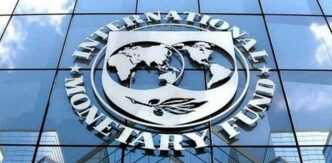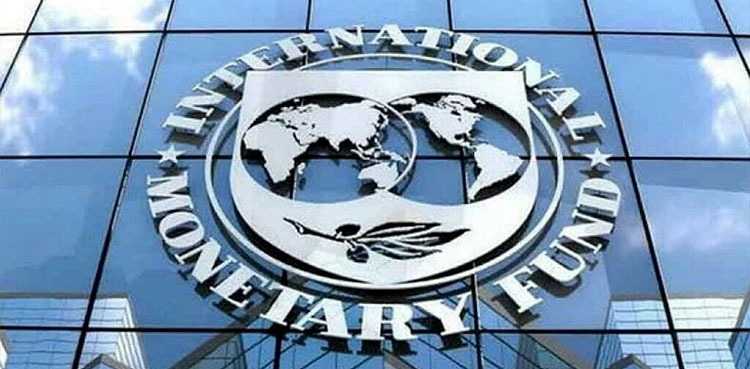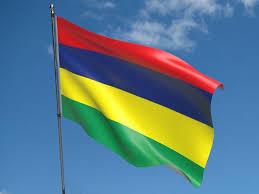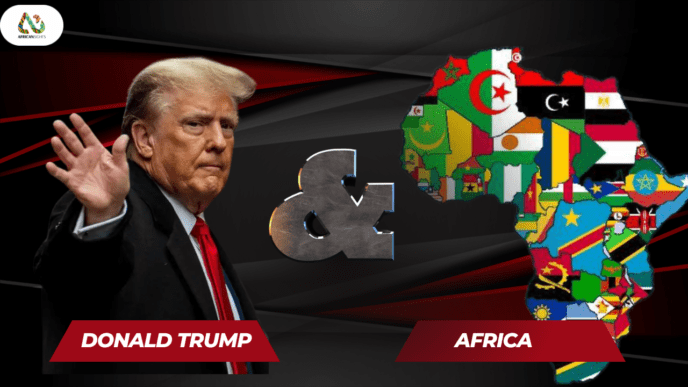In a crucial step toward stabilizing its economy, Egypt has secured a $1.2 billion disbursement from the International Monetary Fund (IMF) as part of an expanded reform package aimed at tackling its ongoing economic crisis. The approval, confirmed this week, comes under Egypt’s extended financial support agreement with the IMF to help ease the burden of inflation, stabilize the currency, and restore investor confidence.
The financial lifeline is expected to assist the North African country in addressing key challenges, including mounting debt, a weakening Egyptian pound, and a widening fiscal deficit. In recent months, Egypt has devalued its currency and increased interest rates to meet IMF conditions, while also committing to structural reforms to reduce public sector dominance and expand private sector participation.
The IMF praised Egypt’s progress in implementing difficult but necessary reforms, emphasizing that the funding will support macroeconomic stability, protect vulnerable communities, and attract foreign investment in the long run.
Economists note that while the funding provides short-term relief, sustained recovery hinges on continued commitment to transparency, regulatory reforms, and market liberalization.
Egypt’s $1.2 billion IMF disbursement is more than a financial injection—it’s a vote of confidence in the country’s reform path. As Africa watches closely, Egypt’s experience may serve as a blueprint for other economies navigating post-pandemic recovery and global economic headwinds.
Read also: Malian Music Icon Amadou Bagayoko Dies at 70














